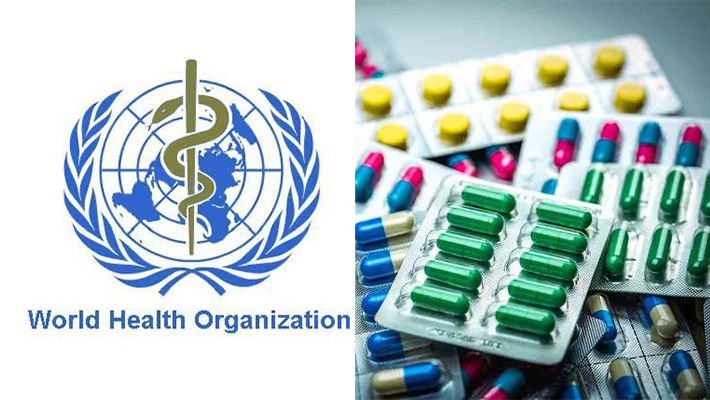WHO issues antibiotic production guidelines to curb resistance risk
The World Health Organisation on Tuesday expressed concern on antibiotic production in many countries and issued recommendations for the safe production of antibiotics for the first time.
WHO reported that too many active substances from pharmaceutical factories often end up in wastewater and the environment, which could promote the spread of antibiotic-resistant bacteria.
If these bacteria infect humans and cause infections, there are hardly any effective treatments against them.
Antibiotic resistance also develops from the overuse of antibiotics or the premature termination of a treatment cycle.
WHO wastewater specialist Kate Medlicott said the recommendations are aimed particularly at producers, noting that they must rigorously control and ensure their wastewater.
She said the regulatory authorities should also place higher environmental requirements on the approval of pharmaceutical productions than before.
WHO also recommended full transparency so that investors, buyers and patients could appreciate the environmental protection efforts of pharmaceutical companies.
The organisation also advised patients to be better informed about disposing unused tablets.
“Medication residues do not belong in the toilet or sink/drain,” the German Environment Ministry states on its website.
In many places, old medications can be disposed of with general waste. Some pharmacies also accept unused medications and dispose of them properly.
(NAN)














Post Comment